
Scientists are testing alternative therapeutic approaches that may delay disease progression and even protect and regenerate neurons.

Scientists are testing alternative therapeutic approaches that may delay disease progression and even protect and regenerate neurons.
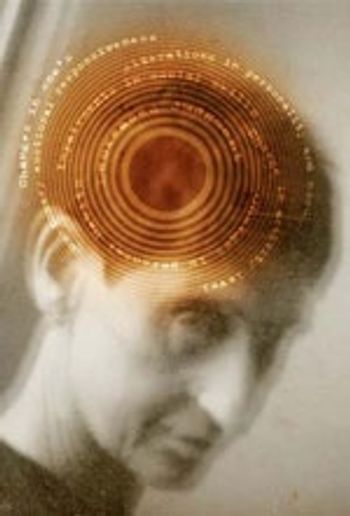
Anticholinergics could confer an increased risk, one dependent on the dose and amount of use. Give them to older patients or consider alternatives?
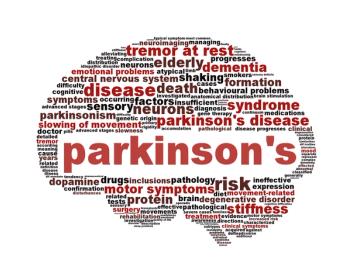
Orexin B protects vulnerable midbrain neurons from degeneration and preserves their function. This sleep-promoting protein could provide a new target for potential treatments.
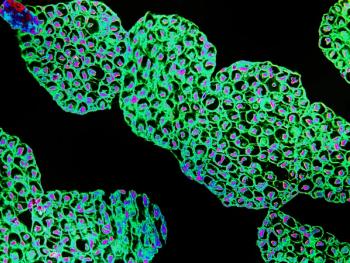
HDIT/HCT could induce sustained remission and neurological improvements in patients with multiple sclerosis.

Prostaglandin may block protective microglial cells in Alzheimer disease, a study shows. This work could form the basis for future therapies.
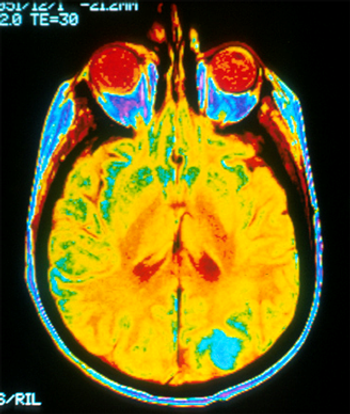
Parkinson and other neurodegenerative diseases are hard to distinguish. Surface-based MRI shows promise as a diagnostic tool.
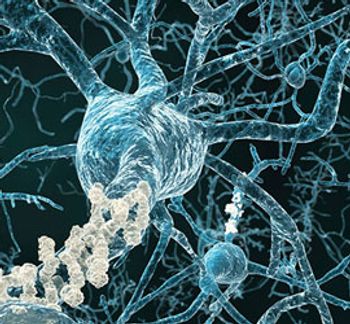
Identification of a brain circuit implicated in Alzheimer disease and schizophrenia could aid in comprehension of brain disorders and point to prevention strategies.
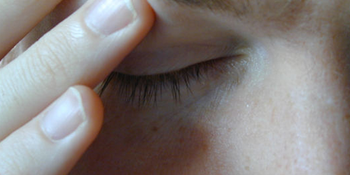
Pain relief is better with a triple combination medication that includes acetaminophen than with acetaminophen by itself, researchers found, suggesting a new therapeutic option.
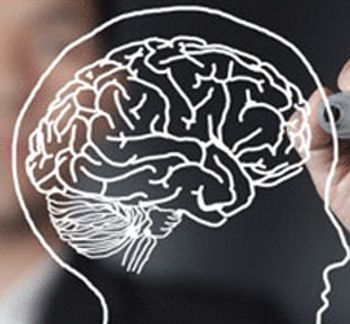
Up until now, these treatments have not produced promising efficacy results in clinical trials. MRI could show the way.

As more treatments become available, patients will have more preferences and will play a more prominent role in directing choices.
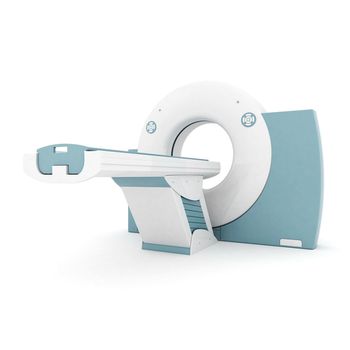
Determining who is at risk for MS remains difficult, and symptoms may take time to develop even in patients who already have some destroyed myelin. MRI may help.
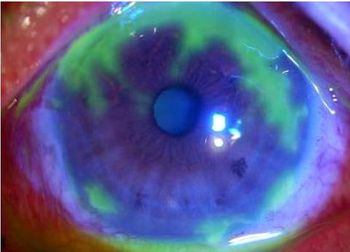
Could the common herpes simplex virus be associated with Alzheimer disease? These researchers think it is possible.

A new study provides hope for MS treatment with IGF-1, which could ultimately halt the attack of T effector cells on myelin, thereby stopping disease progression.
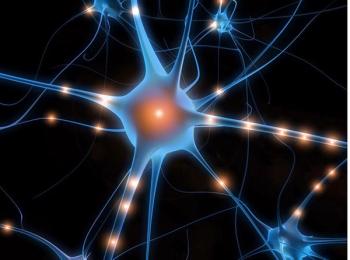
Increased orexin in this disorder is associated with disease severity, total tau protein levels, sleep impairment, and cognitive deterioration.
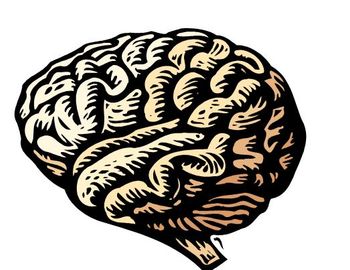
Why ask patients to “spit in a cup”? Statistically significant protein differences have been found in Alzheimer disease saliva, and trends have been observed for Parkinson disease.

Tango may be not only a vibrant dance of passion but also a therapeutic one. Symptoms and socialization may be improved.

Cerebrospinal fluid biomarker assessment could conceivably become a part of routine clinical practice.

The Alzheimer drug may help repair some damage caused by stroke. In a rodent model, treated animals showed improved motor behavior and restored sensory mapping in the cortex. Here, more about the proposed mechanism.

The remarkable coffee bean is associated with reduced prevalence of several diseases, including Parkinson disease, Alzheimer disease, cancer, cardiovascular disease, and diabetes.

This study indicates that your mother was right about eating your fruits and vegetables: results suggest that eating some foods and avoiding others could be a nutrient prescription for Parkinson disease.

Here: an update on the current state of CSF fluid-borne markers for Alzheimer disease and what they may portend.